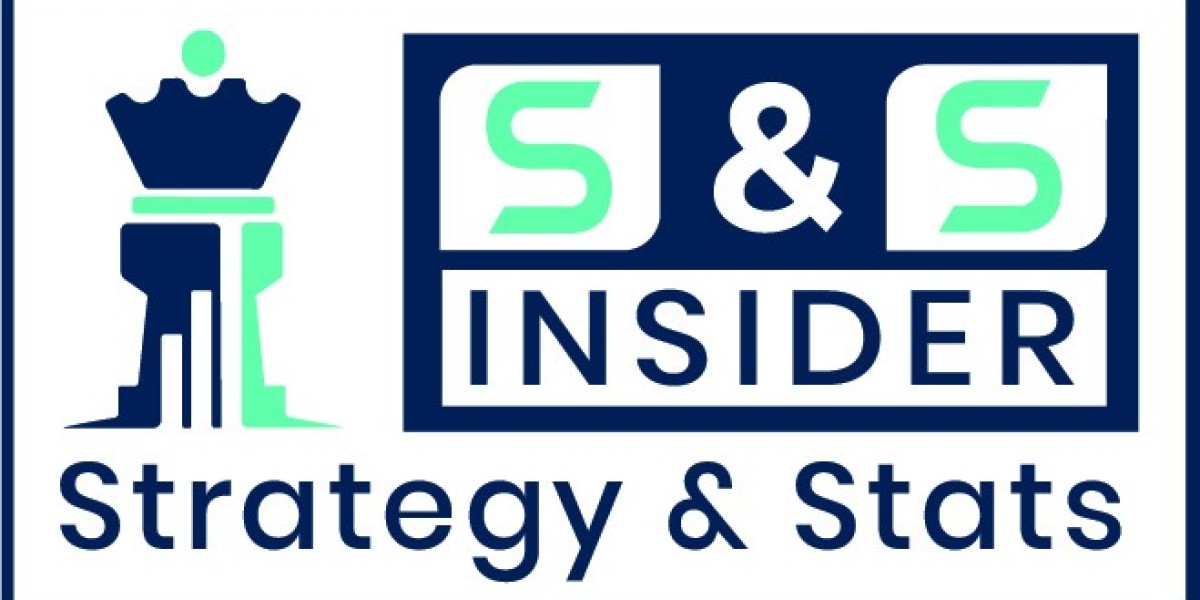The global Ground Penetrating Radar (GPR) Market is witnessing significant growth as industries increasingly rely on non-invasive technologies for subsurface detection and analysis. Ground Penetrating Radar systems are gaining traction across sectors such as construction, transportation, archaeology, and utilities due to their ability to provide accurate underground imaging without excavation. The increasing need for safety, infrastructure maintenance, and geological surveys is driving the adoption of GPR technology worldwide.
Market Size and Growth Forecast
The Ground Penetrating Radar Market was valued at USD 338.5 million in 2023 and is projected to reach USD 654.5 million by 2032, growing at a compound annual growth rate (CAGR) of 7.6% over the forecast period 2024 to 2032. This substantial growth is attributed to rising investments in infrastructure development, stringent regulations for underground utility detection, and technological advancements in radar systems. Moreover, the demand for high-precision subsurface data in urban planning and environmental assessment is further accelerating market expansion.
Key Growth Drivers
The increasing need for efficient underground utility mapping and inspection is a major factor fueling the growth of the GPR market. Governments and private sectors are focusing on improving the safety of underground infrastructure by adopting advanced geophysical tools. The surge in construction activities, particularly in urban areas, necessitates accurate and real-time underground imaging to avoid utility damage and ensure worker safety. Additionally, the adoption of GPR in archaeological exploration, environmental studies, and military applications is expanding its scope across multiple domains.
Technological Advancements in GPR Systems
Innovations in radar technology are playing a pivotal role in enhancing the capabilities of GPR systems. The integration of features such as 3D imaging, real-time data processing, and wireless connectivity is improving the accuracy and user-friendliness of these systems. Moreover, the development of compact, portable GPR units with advanced sensors has enabled their use in remote and hard-to-access areas. The combination of artificial intelligence and machine learning in data interpretation is further optimizing subsurface analysis and decision-making processes across industries.
Regional Market Insights
North America dominates the GPR market due to strong infrastructure development, regulatory compliance, and the presence of leading technology providers. The United States is at the forefront, with widespread adoption of GPR in utility detection, transportation planning, and military operations. Europe follows closely, with countries like Germany, the United Kingdom, and France investing heavily in smart city projects and subsurface utility engineering.
The Asia-Pacific region is anticipated to witness the fastest growth during the forecast period, driven by rapid urbanization, ongoing infrastructure projects, and growing awareness of underground risk assessment. Countries such as China, India, and Japan are increasingly adopting GPR systems in construction, railways, and geological surveys. Additionally, the Middle East and Africa are emerging markets, supported by expanding construction activities and the need for reliable subsurface mapping in arid environments.
Competitive Landscape and Key Players
The Ground Penetrating Radar Market is highly competitive, with both global and regional players striving to enhance their technological offerings. Companies are focusing on product development, strategic collaborations, and expanding their distribution networks to strengthen their market presence. Key players such as IDS GeoRadar, Geophysical Survey Systems Inc. (GSSI), Sensors & Software Inc., Radiodetection Ltd., and Leica Geosystems are investing in research and development to introduce advanced and cost-effective GPR solutions tailored for diverse applications across industries.
Conclusion
The Ground Penetrating Radar Market is poised for robust growth as the demand for non-destructive and accurate subsurface detection continues to rise across infrastructure, utility, and environmental sectors. With rapid advancements in radar technologies and increasing global emphasis on safety and planning, GPR systems are becoming essential tools in modern engineering and geoscience. As industries seek reliable and efficient subsurface data, the GPR market is expected to play a vital role in shaping the future of underground imaging and analysis.
Read More Insights @ https://www.snsinsider.com/reports/ground-penetrating-radar-market-3611
Contact Us:
Jagney Dave - Vice President of Client Engagement
Phone: +1-315 636 4242 (US) | +44- 20 3290 5010 (UK)






